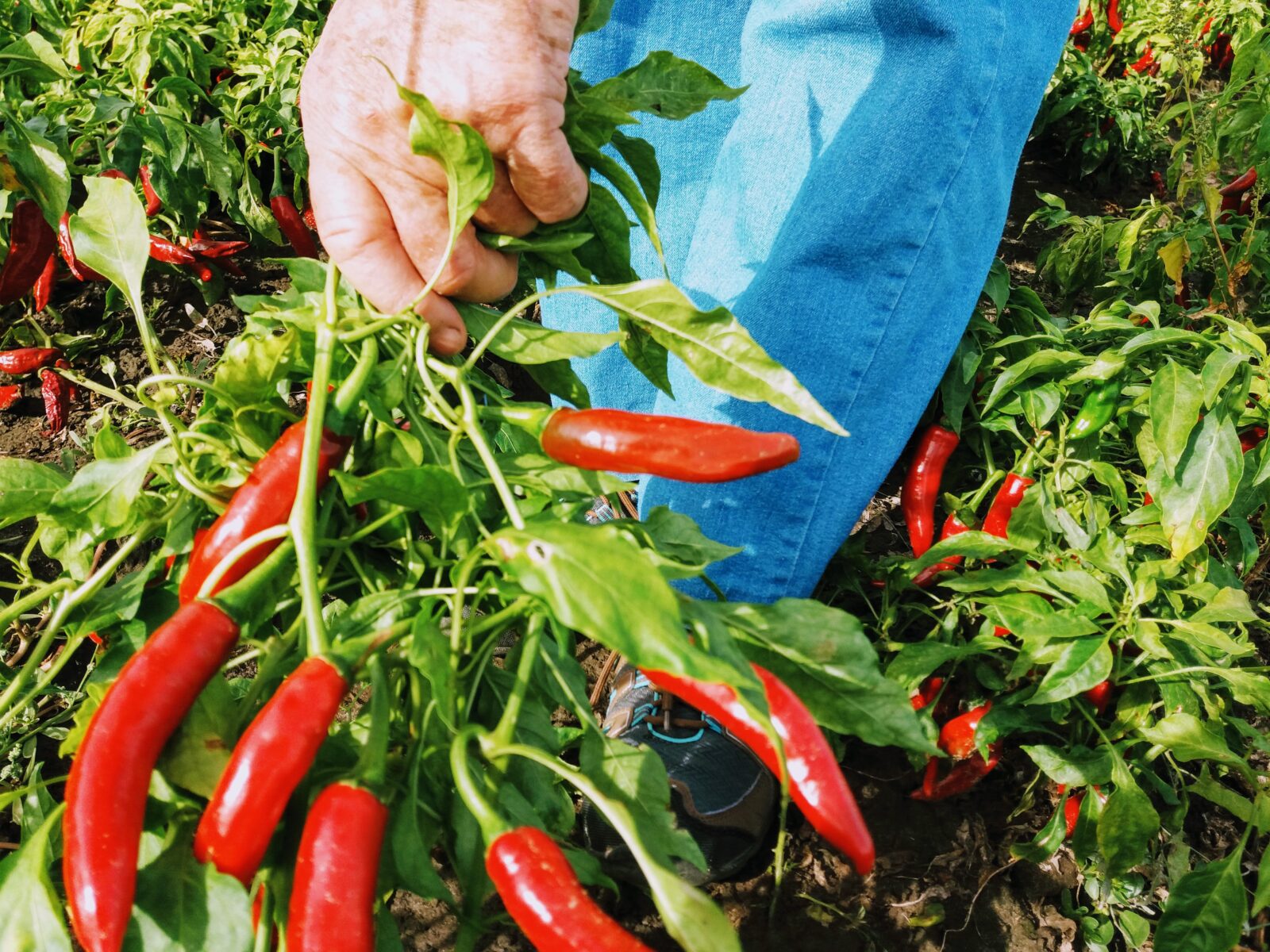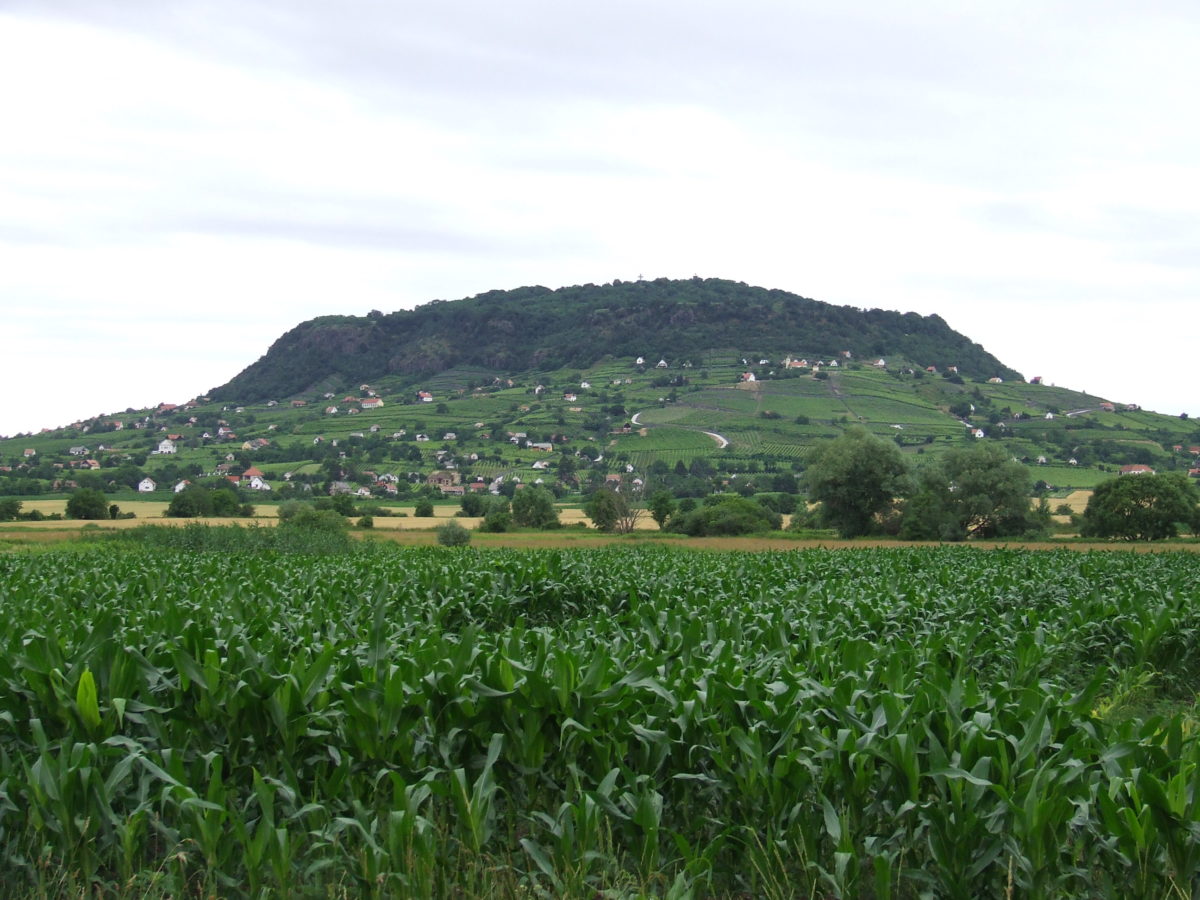Updates, Wine Guide
The Volcanic White Wines of Somló
Driving through the flat countryside of western Hungary, the road from the Austrian border toward Budapest is fairly repetitive. The land rolls gently, only a few small hills breaking the horizon – until suddenly, one dark, jagged mountain rises up out of nowhere. This is Somló, a volcanic outcrop that dominates the plain like a sentinel, crowned by the ruins of its medieval castle.
Long ago, this whole land lay beneath the waters of the Pannonian Sea. Beneath the sea, lava pushed up from below, creating the volcanic hills that still shape Hungary’s wine regions: Tokaj, Badacsony, the northern shores of Lake Balaton, and here, Somló. Erosion softened its edges, but the volcano’s shape remains clear, the vineyards climbing its rocky “skirt” while forest still guards the summit.

A mountain of small vineyards
Somló has always been a land of tiny plots. For centuries, locals tended just a few rows each, squeezed between stone walls and cottages. Even during the communist decades, when mass production reshaped much of Hungarian wine, Somló never industrialised. It was too small, too fragmented — and in a way, that saved it. While other regions lost character to quantity, Somló remained stubbornly itself, producing wines that spoke of the mountain’s basalt soils and nothing else.
Wines with volcanic character
The wines of Somló are unmistakable. The steep slopes, poor basalt soils, and cooling breezes from Lake Balaton combine to create whites that are dry, firm, and deeply mineral. They age beautifully, taking on layers of smoky, flinty character. Locals say that when you drink Somló, you taste Somló first, and only then the grape variety.
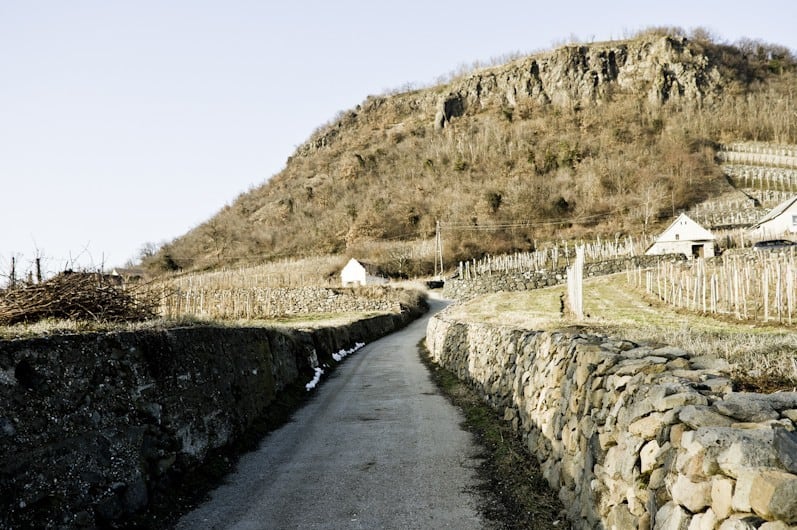
The best-known grape here is Juhfark, “sheep’s tail,” named for its long, narrow bunches. Juhfark makes taut, powerful wines that capture the volcanic soil’s intensity and can age for decades. Old legends even claimed that newlyweds who drank Juhfark on their wedding night would be blessed with a son.
Other varieties thrive here too, such as Furmint, Hárslevelű, Olaszrizling, Tramini, but in Somló, they all take on the same volcanic stamp.
Three wineries, three styles
At BorStore we work with three wineries that reflect the mountain’s many faces:
- Kreinbacher: A modern, ambitious estate with sleek facilities and a striking half-underground sparkling cellar. Kreinbacher has brought méthode traditionnelle sparkling to Somló, while also producing precise still wines. They also support local smallholders, helping keep Somló’s patchwork of tiny vineyards alive.

- Györgykovács Pince: Imre Györgykovács and his wife Gyöngyi have long been the quiet legends of the hill. With just over a hectare of vines, they chose never to expand, believing they could only care for what they could work themselves. Their wines are polished, graceful, and unmistakably Somló. Even in semi-retirement, Imre still makes wine in his own measured way. Read more »
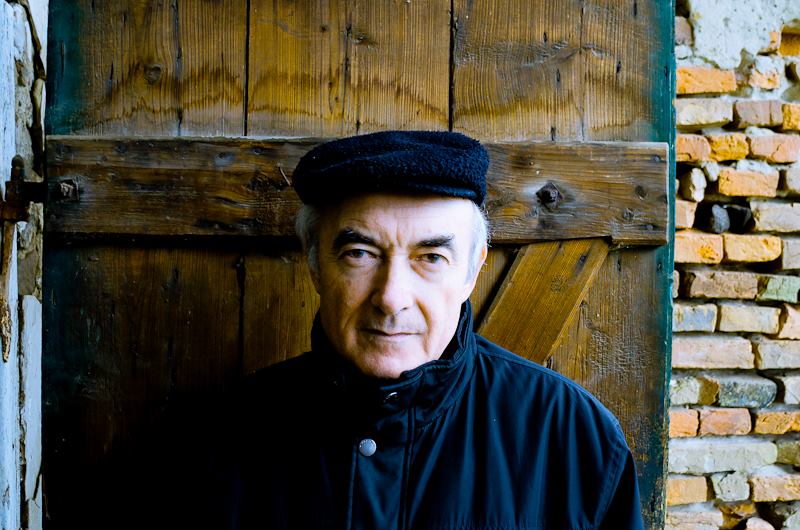
- Fekete Pince: Once led by Béla Fekete, often called the “Grand Old Man of Somló,” the estate is now run by a young team carrying on his style. Their wines remain rustic, old-school, and powerful — concentrated expressions of the mountain’s volcanic soils, made much as Béla did for decades.
Somló today
The entire Somló region is moving toward certified organic farming, a natural step for a place that has always relied on small-scale, careful viticulture. In many ways, Somló is still a hidden corner of Hungary, with is patchwork of vineyards and wines that demand time and patience.
But for those who take that time, Somló gives something unforgettable: wines with depth, intensity, and a sense of place that could only come from this single, lonely hill rising from the plain.
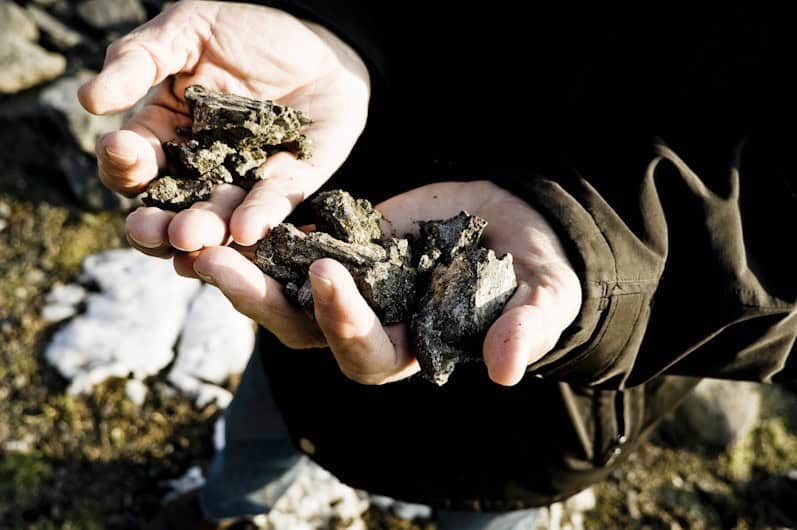
-
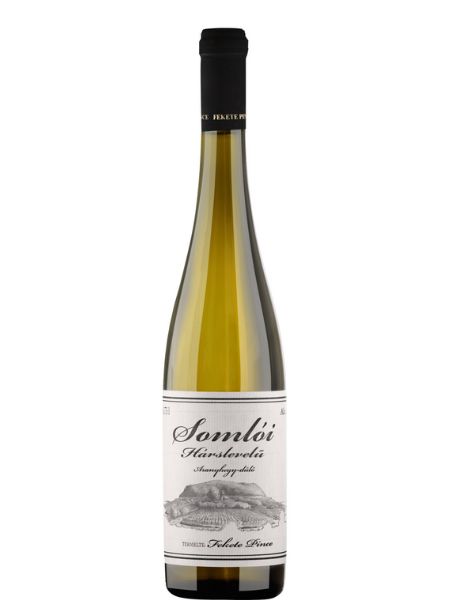 Fekete Pince Hárslevelű Gold Edition 2019€15,90
Fekete Pince Hárslevelű Gold Edition 2019€15,90€21,20 / l
incl. VAT
excl. shipping costs
Delivery time: 1-5 working days
-
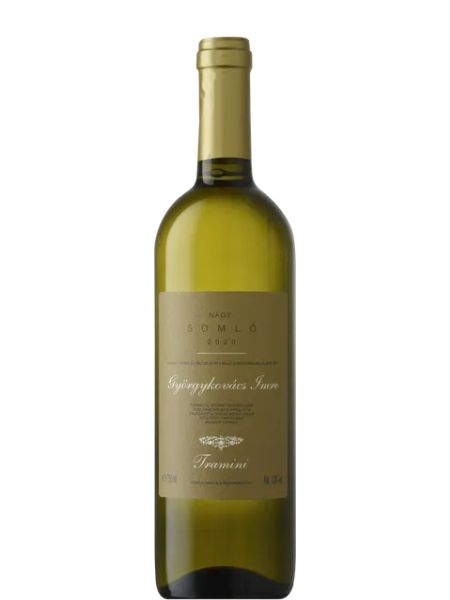 Györgykovács Gewürztraminer 2022/2023€23,90
Györgykovács Gewürztraminer 2022/2023€23,90€31,87 / l
incl. VAT
excl. shipping costs
Delivery time: 1-5 working days
-
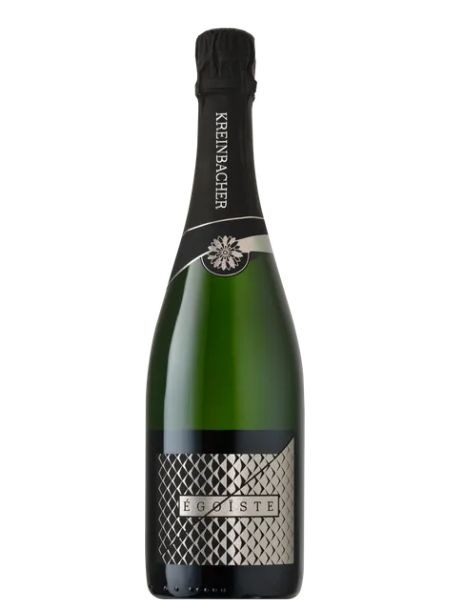 Kreinbacher Égoïste Brut 2018€54,90
Kreinbacher Égoïste Brut 2018€54,90€73,20 / l
incl. VAT
excl. shipping costs
Delivery time: 1-5 working days
-
 Fekete Pince Juhfark 2019€14,90
Fekete Pince Juhfark 2019€14,90€19,87 / l
incl. VAT
excl. shipping costs
Delivery time: 1-5 working days
-
 Fekete Pince fkt Olaszrizling 2021€12,50
Fekete Pince fkt Olaszrizling 2021€12,50€16,67 / l
incl. VAT
excl. shipping costs
Delivery time: 1-5 working days
-
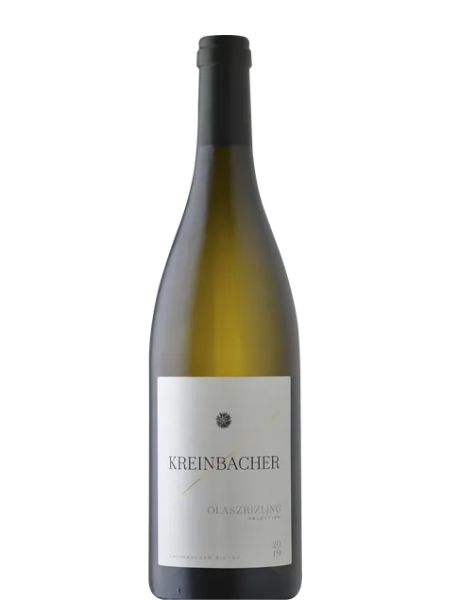 Kreinbacher Olaszrizling Selection 2020€14,50
Kreinbacher Olaszrizling Selection 2020€14,50€19,33 / l
incl. VAT
excl. shipping costs
Delivery time: 1-5 working days
-
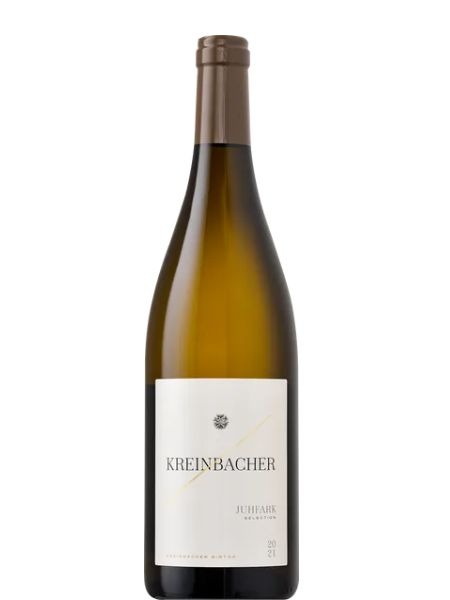 Kreinbacher Juhfark Selection 2021€19,90
Kreinbacher Juhfark Selection 2021€19,90€26,53 / l
incl. VAT
excl. shipping costs
Delivery time: 1-5 working days
-
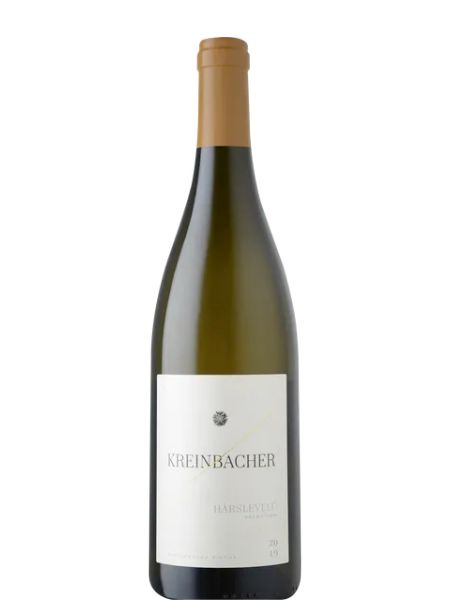 Kreinbacher Hárslevelű Selection 2020€15,90
Kreinbacher Hárslevelű Selection 2020€15,90€21,20 / l
incl. VAT
excl. shipping costs
Delivery time: 1-5 working days
-
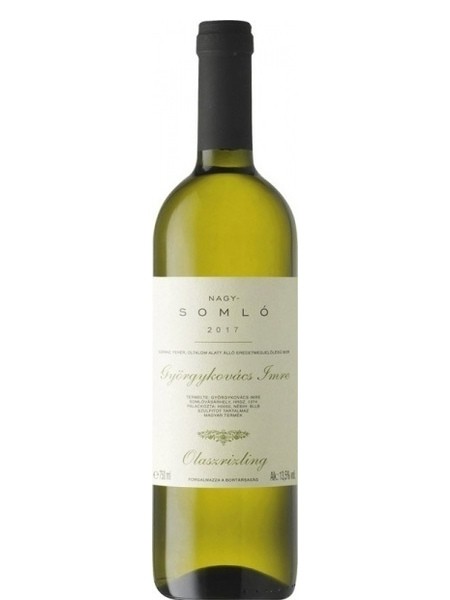 Györgykovács Olaszrizling 2022/2023€23,90
Györgykovács Olaszrizling 2022/2023€23,90€31,87 / l
incl. VAT
excl. shipping costs
Delivery time: 1-5 working days
For German speakers, here’s a great travel diary of Somló from Reisewege Ungarn.

 Deutsch
Deutsch
